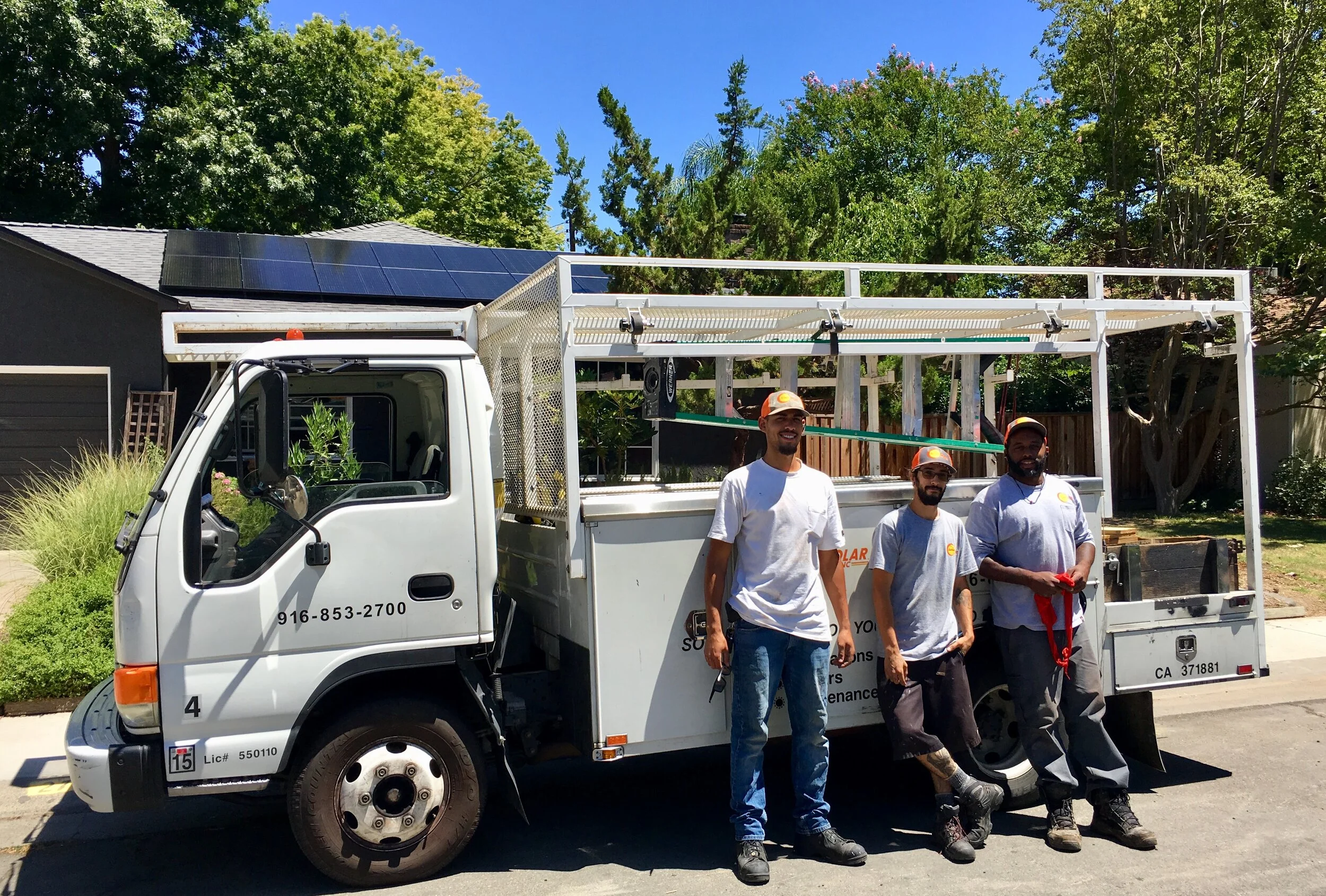A Contractor’s Guide to California Consumer Protection Requirements
Consumer protection is a top priority for CALSSA. Without safe and happy customers, our industry has no future. California regulators also take consumer protection very seriously and contractors who fail to abide by the state’s rules and regulations face enforcement action and potential loss of license to do business in the state. To protect our consumers and ensure a strong and compliant business community, this document provides specific and updated guidance on complying with some of California’s most important residential consumer protection requirements. This guide is not intended to be an exhaustive guidance, particularly as it relates to the text and disclosures in Home Improvement Contracts. For that, we strongly recommend every contractor become familiar with “Contracting for Success” by the Contractor State Licensing Board (CSLB). Additionally, all CALSSA members are required to adhere to and follow the CALSSA Code of Ethics and Consumer Protection Rules.
CALSSA’s Top 10 Consumer Protection Rules for Contractors
- All contractors must have an approved permit before they may lawfully start construction. It is illegal to begin construction on a project before receiving permission from the local building department.
- All solar contracts must follow strict rules as it relates to a payment schedule and consumers may not pay for work not performed or materials not yet delivered save for the deposit, which may not exceed $1,000 or 10% of the contract price, whichever is less.
- All bids and contracts must be presented in the name of the contracting company and no other entity (e.g., an outside sales entity).
- All solar contracts must include start and completion dates. The dates can be approximations but must be real dates (month, day, year).
- Salespeople need to be registered with the CSLB as a “Home Improvement Salesperson” (HIS) and associated at the CSLB with every company on whose behalf they are selling. This registration must be kept accurate and up to date. There are very few exceptions to this rule (discussed further in this guide)
- The front page or cover page of every solar contract in the state must be the CSLB’s Solar Energy System Disclosure Document.
- All customers of an investor-owned utility (i.e., PG&E, Southern California Edison, or San Diego Gas & Electric) must read and sign the California Public Utility Commission’s (CPUC) Solar Consumer Protection Guide (“CPUC Consumer Guide”) before signing a contract. The initial and signature pages must be uploaded as part of the interconnection process.
- If a Home Improvement Salesperson is involved in a transaction, their name and HIS Registration Number must be listed in the contract, in addition to the contractor’s name and license number.
- The contract must be written in the same language as the sales presentation. This also applies to the CSLB Solar Disclosure Sheet and the CPUC Consumer Guide.
- A contractor’s CSLB License Number must be visible in most materials including on business cards, web pages, contracts, company vehicles, and signs or billboards.
Forget your password? Email us.

